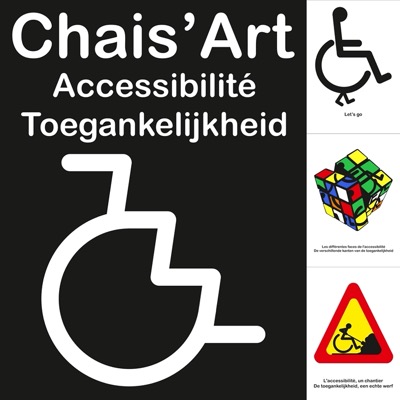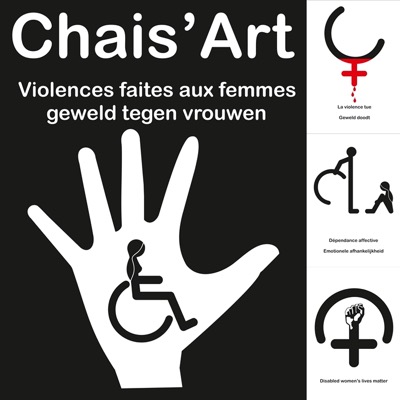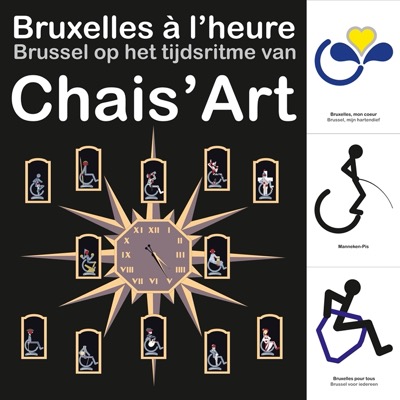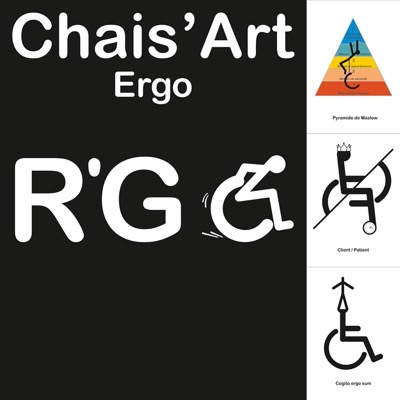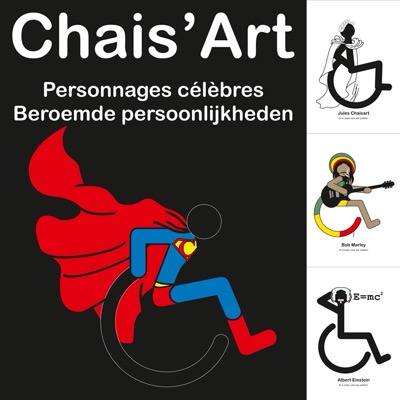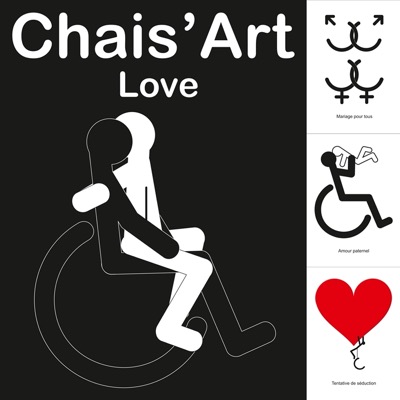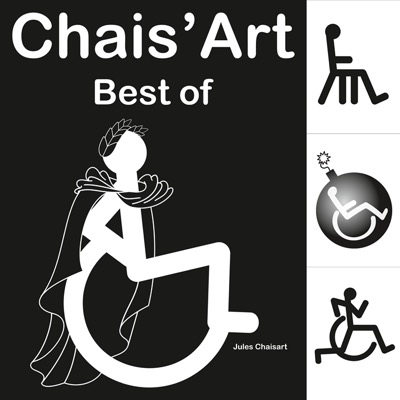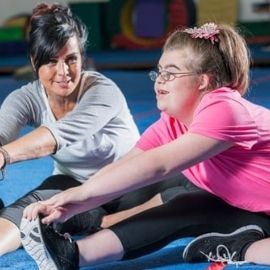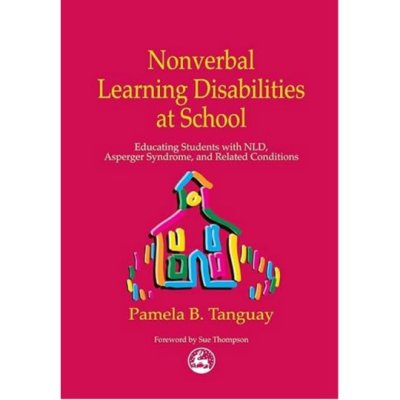Cognitive impairment

Intellectual disability refers to a significantly lower than average level of overall cognitive functioning, accompanied by a reduced ability to adapt to the daily demands of the social environment. It occurs during the developmental period, before the age of 18. The terms "mental handicap" and "mental retardation" are also used to describe intellectual disability.
A significantly lower than average level of overall cognitive functioning in a person means that the intellectual abilities tested are deficient compared to those of the majority of individuals of the same age and culture. Intellectual skills are the understanding, analysis of situations encountered, integration, interpretation and storage of information, which allow for generalisation, handling of abstract concepts, synthesis, transfer of learning, memorisation... These skills are necessary to be able to read, write, calculate, orientate, solve problems... Depending on the skills affected and the extent to which they are affected, it will be impossible or difficult for a person, in everyday life, to handle money spontaneously, to move around, let alone make purchases, to be aware of dangers, to give one's opinion, to make choices, etc. without learning and without the intervention of a third party.
A significantly lower than average level of overall cognitive functioning in a person means that the intellectual abilities tested are deficient compared to those of the majority of individuals of the same age and culture. Intellectual skills are the understanding, analysis of situations encountered, integration, interpretation and storage of information, which allow for generalisation, handling of abstract concepts, synthesis, transfer of learning, memorisation... These skills are necessary to be able to read, write, calculate, orientate, solve problems... Depending on the skills affected and the extent to which they are affected, it will be impossible or difficult for a person, in everyday life, to handle money spontaneously, to move around, let alone make purchases, to be aware of dangers, to give one's opinion, to make choices, etc. without learning and without the intervention of a third party.
News
Bibliographies
Nonverbal Learning Disabilities at School de Pamela Tanguay
Pamela Tanguay
octobre 2001
octobre 2001
Nonverbal Learning Disabilities at School: Educating Students with Nld, Asperger Syndrome and Related Conditions
Links
EIDD Design for All Europe is a unique international platform for different organizations with a common goal: a more inclusive Europe for everyone.
The fundamental basis of a European philosophy for accessibility is the recognition,
acceptance and fostering - at all levels in society - of the rights of all human beings,
including people with activity limitations ..... in an ensured context of high human health,
safety, comfort and environmental protection. Accessibility is an essential attribute of a
"person-centred", sustainable built environment.
acceptance and fostering - at all levels in society - of the rights of all human beings,
including people with activity limitations ..... in an ensured context of high human health,
safety, comfort and environmental protection. Accessibility is an essential attribute of a
"person-centred", sustainable built environment.

